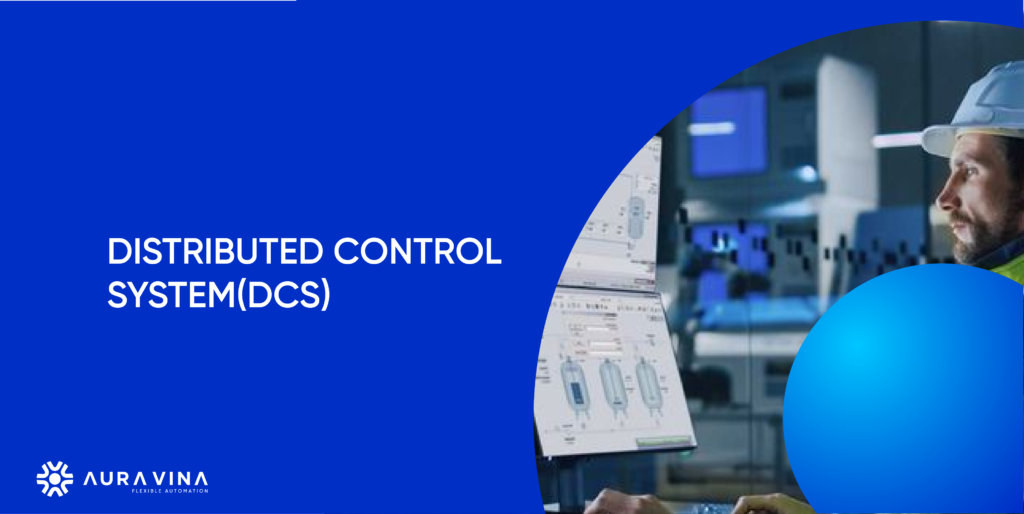*A distributed control system (DCS) is a platform for automated control and operation of a plant or industrial process. A DCS combines the following into a single automated system: human machine interface (HMI), logic solvers, historian, common database, alarm management, and a common engineering suite.
*Components of a DCS
A distributed control system or DCS is a control system in which the controller components are not local but are dispersed throughout the system with every component sub-system controlled by one or more controllers. The entire arrangement of controllers is associated by systems for correspondence and observing. DCS is an extremely wide term utilized in an assortment of enterprises, to monitor and control hardware. Below is a list of places that use Distributed Control Systems.- Radio signals
- Dry cargo and bulk oil carrier ships
- Electrical power grids and electrical generation plants
- Traffic signals
- Water management systems
- Oil refining plants
- Chemical plants
- Sensor networks
- Environmental control systems
*The Application type determines the platform
PLCs and DCSs are typically suited to one of two forms of production: discrete manufacturing and process manufacturing. Discrete manufacturing facilities, which typically use PLCs, consist of separate manufacturing units which generally assemble components, such as labeling or fill-and-finish applications. Facilities for process manufacturing typically use DCSs, automate continuous and batch processes and enforce formulations consisting of components rather than parts. Process manufacturing facilities calculate their production in bulk. DCS automation is used by large continuous process installations, such as refineries and chemical plants.Several aspects must be considered when finding the right DCS such as:- Process size
- Integration needs
- Functionality
- High availability
- Expansion or modification plans
- ROI on the facilities lifespan

